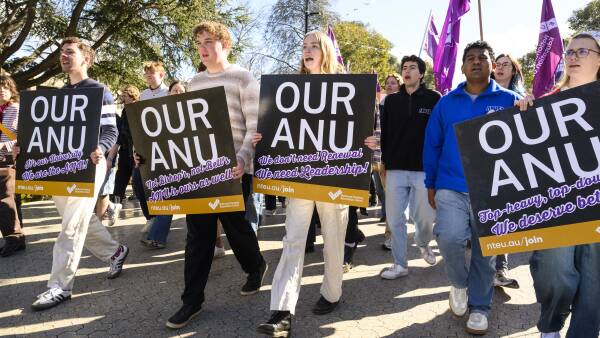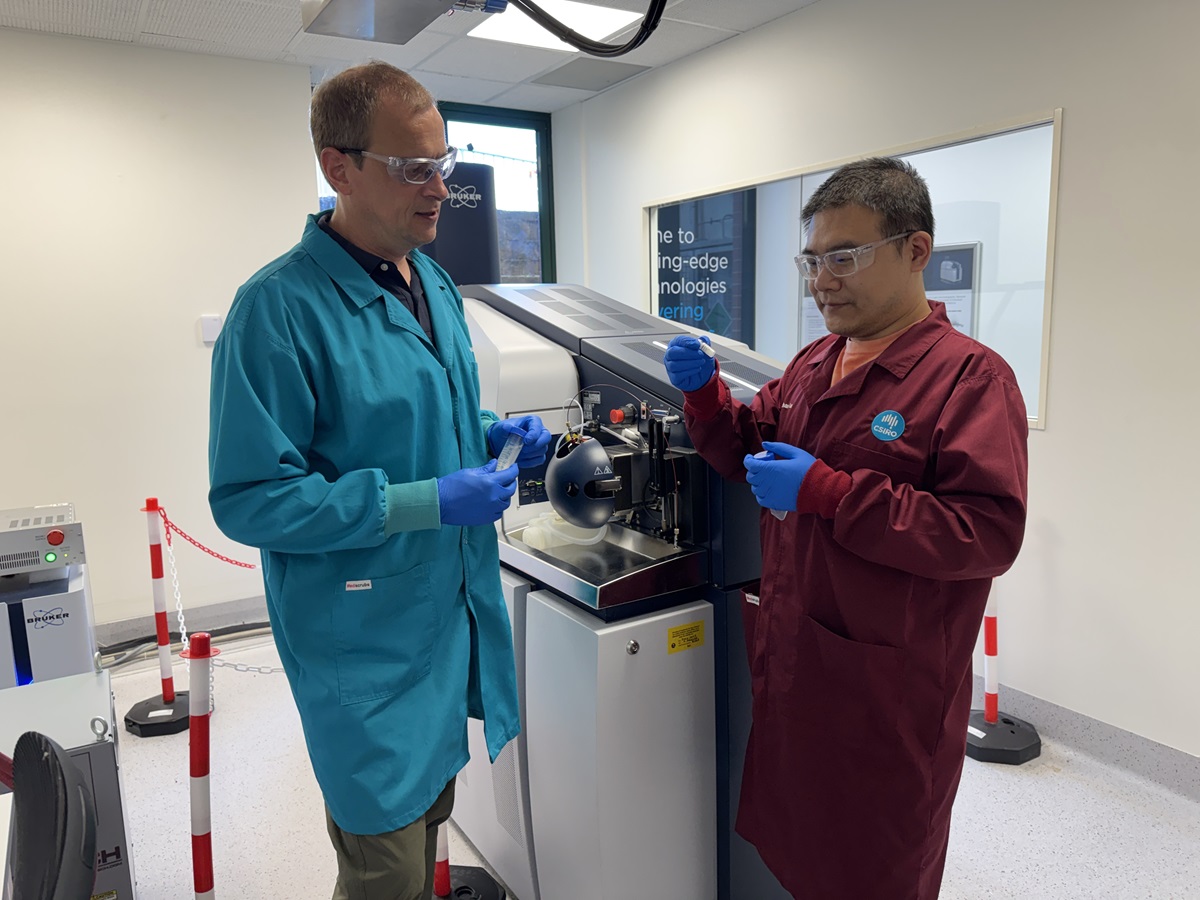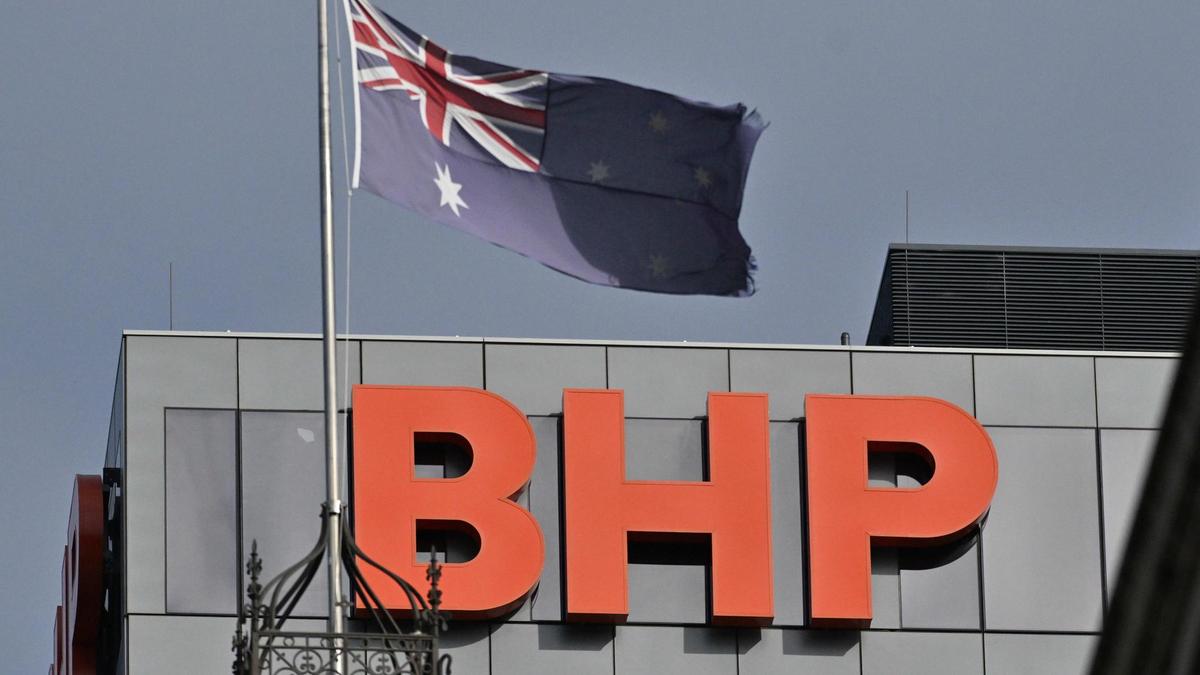
Academics at the Australian National University (ANU) are advocating for the introduction of chancellor elections to address ongoing governance issues and rebuild trust within the university community. This proposal, stemming from discussions with over 600 stakeholders, aims to enhance transparency in decision-making processes and financial matters at the institution.
Calls for Democratic Reform
The ANU Governance Project, an independent initiative led by a group of approximately 30 academics, emphasizes that the university community is best equipped to assess how current governance structures affect them. Their draft report suggests that the chancellor should be elected by the ANU community, including students and alumni. “An election would demonstrate democratic values, inspire community engagement, and ensure the chancellor is genuinely representative of the university,” the report states.
This initiative follows the establishment of an expert council on university governance by the federal government in January 2023, signifying a growing recognition of the need for reform across Australian universities. The Governance Project’s recommendations also call for “stronger endorsement mechanisms” for vice-chancellors and deans, asserting that leaders must derive their legitimacy from confidence within the staff and student bodies rather than solely from council appointments.
Proposed Changes and Financial Transparency
The proposed reforms would require amendments to the federal ANU Act, necessitating a vote from members of Parliament. This comes amidst increasing calls for the resignation or termination of Vice-Chancellor Genevieve Bell, with the university denying reports of any negotiations regarding her departure. Additionally, the report recommends restructuring council membership to ensure that half of the members possess significant higher education experience, with a focus on including elected students and staff.
In the immediate term, the academics urge the publication of current budget breakdowns for schools and departments, including grant income, to provide staff with a clearer understanding of the university’s financial status. They advocate for revised selection criteria for senior positions and a reevaluation of executive salaries, noting that excessive pay and an expanding leadership group could attract individuals whose values conflict with the principles of service and collegiality that should define the university.
Further changes suggested involve increasing transparency at the council level, including live-streaming meetings to foster greater public engagement. This draft report remains open for feedback as the Governance Project continues its dialogue with university stakeholders.
On September 9, representatives from the Governance Project met with Chancellor Julie Bishop to discuss the report’s findings. In her statement, Bishop praised their efforts, highlighting the importance of feedback from the ANU community and expressing her commitment to fostering an open dialogue with the group regarding proposed recommendations. “This project is a powerful example of ANU researchers applying their collective expertise to address some of the most complex challenges facing both our University and the broader higher education sector,” she noted.
David Pocock, an ACT senator who helped host the Governance Project website, commended the initiative’s meaningful consultation and practical reform suggestions. “I urge all those who care about the ANU and its future to seriously contemplate the findings and recommendations of this working group and the reform pathway they are proposing,” he stated.
In addition to the Governance Project, two other investigations into ANU’s governance are underway. The university regulator has appointed former Australian Public Service Commissioner Lynelle Briggs to review governance systems, while a Senate hearing governance group was created in August to address bullying allegations against Chancellor Bishop.






